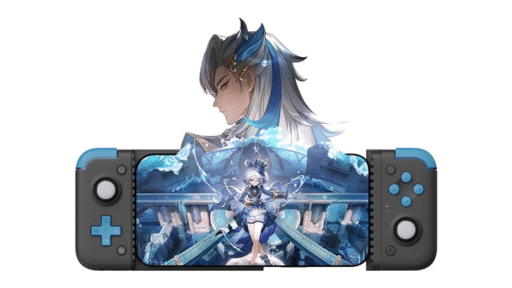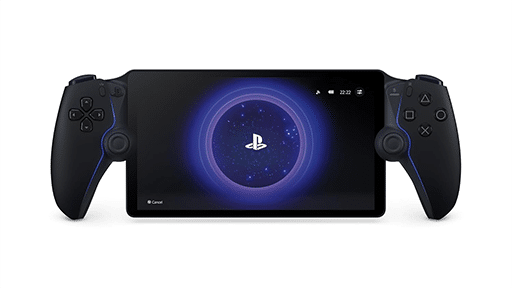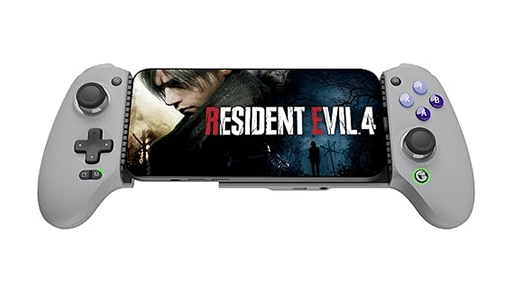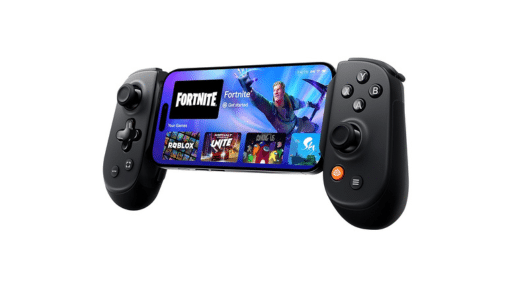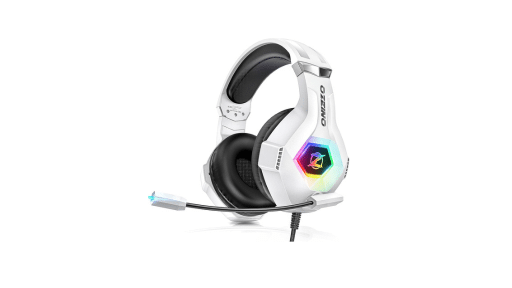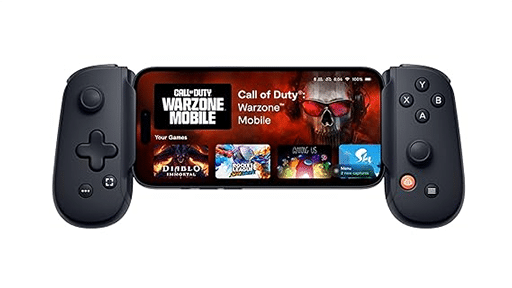
Since the dawn of technology and it’s ability to produce video games, the console wars have been with us. It’s been a long and viscious battle that has now lasted a full three generations in my family. I fear my son will also grow up in this time of war, becoming a gaming man while the bombshells of fanboy hatred drop around him. It’s not something I would have wished for him, but then again this war has also made me the gamer I am today. What would gaming truly be without the rage-inducing vitriol of a AAA console exclusive?
Quiet on the console war front

With the launch of the PS5 and Series X, the console war seemed to have lost its luster in the headlines. You won’t read much about the battle between the two systems when you can’t find either of them on the shelf. Both consoles have been outselling supply for years now. Even the Switch sits comfortably among the best selling consoles of all time. We anticipate each company releasing a mid-generation tweak to their systems too, offering better performance in a sleeker package. We seem to be getting re-sold on the same products, and finally settling into our identities as owners of our console of choice. For awhile there, if you were to look on the front lines of retail, front pages of gaming websites, or the headers of Reddit threads, you would have thought the war has ended. In actuality, it’s just moving.
Today, the competition has moved from the necessity of selling boxes to now selling services. If you look closer into the console ecosystems of Sony, Microsoft and Nintendo, you’ll see a brutal war waged among their services and the “value” each brings to the table. Go to the website of each, and you’ll see helpful tables comparing the features and benefits of each tier of the service and the long list of games that they offer. The video game industry used to be dependent on a customer investing in the box, in order for a sell-through to occur with the gaming software. Now it’s not a matter of selling a box so much as it’s about extracting the subscription dollar from every consumer possible, whether they own the box or not.
The most aggressive front in this new war has been the battle over Microsoft’s proposed acquisition of Activision Blizzard. In the UK, the relevant regulator has blocked the deal purely over cloud gaming concerns – with two parties significantly objecting: Sony and Google.
Games dominate the conversation more than platforms
The recent release of Goldeneye is an excellent example of this. Goldeneye is a classic Nintendo 64 game that has been stuck behind a wall of ownership rights and legal obscurity for decades. To everyone’s surprise, the game was suddenly announced and then released a few months later on two platforms: Xbox Game Pass and Nintendo Switch Online. After Goldeneye’s release, what followed was a flood of articles, videos and discussions on comparisons between the two versions. Differences between the textures, controls and multiplayer capabilities created a storm of discussion and free press. A single game became a comparison point not between platforms as much as it was between the features of the service the games are offered on. It’s not a question anymore of which version to buy. It becomes a question of which service to subscribe to.

Its a numbers game on the cloud war front
The focus has shifted from games being available exclusively on a console, to now being a question of the number of games available on a service. If you own an Xbox and a Playstation, you’re likely only going to subscribe to a single subscription service – the one that offers you the most value. When it comes down to it, you only have a limited amount of time to game each day, so of course you’ll spend your money and time on the service that has more games that suit your taste. The onus is now on the services to create the perfect mix of titles across genres that appeal to the most people.

This fact may actually make exclusives as important as ever. Not only does a first-party game attract users to your platform and service, but those games now live on that service rent-free. Xbox will never have to pay for Halo to be on Game Pass. PlayStation will never have to pay for Destiny. As live service games become more important, these first party titles make themselves more valuable too by offering bonuses to subscribers of a certain service. Imagine Destiny 2 being available everywhere, but only PlayStation Plus subscribers get a special exotic machine gun.

Its more about the games than ever
Exclusives play another important role: when a customer really enjoys the game, there’s a good chance that they’ll resubscribe just to continue to play that one game, even when they have the option to purchase it outright. Grindstone is an excellent poster-child of this. A launch title for the Apple Arcade platform, the game still enjoys a regular fanbase that returns monthly, even several years after its release. To this day, it remains an iconic title that is synonymous with the service it debuted on, despite now being readily available on other platforms like the PC and Switch. As time goes on, and more exclusives pad out the Netflix-like game services, the dormant competitive drive among the console fanboys will almost certainly re-emerge, and cloud gaming will be at the center of it.
Up to this point, the cloud war has mostly seen Xbox and NVIDIA picking up territory – and they are even working together! But, be warned… the day is coming soon that Sony will enter the fray and take cloud gaming more seriously – their first shots have been fired. Even Nintendo is flirting with the idea with their NSO service, with the recent additions of the Game Boy platforms to subscribers. In 3 years, these services will look quite evolved from the fledgling industries they are today.
For better or worse… begun, this cloud war has.

